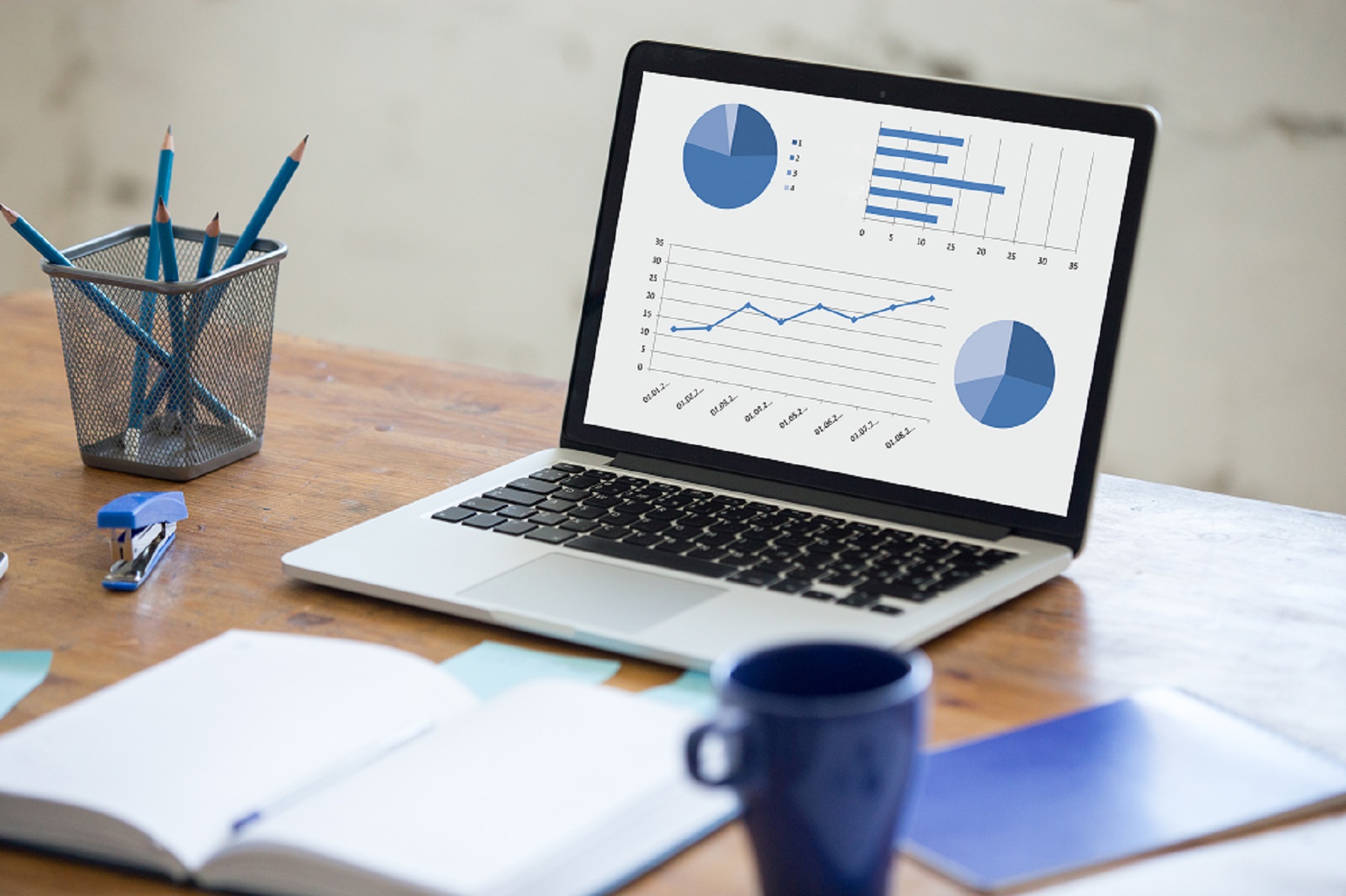A comprehensive approach
Credit analysts cannot just rely on figures and advanced algorithms to help assess credit risk. This is very important to understand the specific context of each company and there are a number of factors to consider in order to determine a company’s financial health and its future risk exposure.
We asked Pieter Coussens, Senior Credit Analyst at Euler Hermes BeLux to explain us the key things to look out for when determining the creditworthiness of your customer.

Is a risk analysis of a company limited to the analysis of economic factors and financial results for the business?
Why should a company's structure, shareholders and management be taken into account as well? How can these factors affect the creditworthiness?
A company's customers and suppliers are also important. Why are they so important?

How do you determine a grade based on all these factors?
All Euler Hermes analysts around the world work in the same way. They must arrive at the final grade by keying in four factors, with each factor having a certain percentage weight.
These four factors are the following:
For each factor, you have to explain why you have assigned that particular value. This means that anyone using the grade can see at a glance why the final grade is good or bad.

How is the trend for the future determined?
What are the necessary skills of a good Credit Analyst?

Do you have a question ?
Feel free to contact our team. They will be happy to help you.
Read our latest articles:
125 results
125 results





